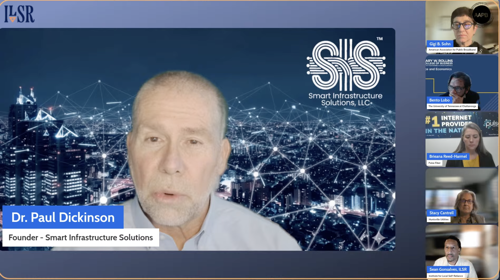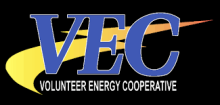Chattanooga’s Municipal Fiber Network Has Delivered $5.3 Billion in Community Benefits, New Study Finds
For years, it’s been known as “America’s first Gig City,” thanks to its city-owned fiber network.
That same infrastructure has positioned Chattanooga to potentially become the nation’s first “Quantum City,” according to a new economic impact analysis showing EPB Fiber and the utility's smart-grid systems has generated $5.3 billion in net community benefits for Hamilton County since 2011.
The city is now poised to enter the Quantum realm.
The research builds on an earlier 10‑year return‑on‑investment analysis – published in August 2020 – that showed the city’s publicly-owned fiber network had delivered $2.69 billion in value over its first decade.
The new follow-up study – From Gig City to Quantum City: The Value of Fiber Optic Infrastructure in Hamilton County, TN 2011-2035 – expands the time horizon and finds that over 15 years the total community benefit has grown to $5.3 billion, illuminating how the long‑term value of municipal broadband can really pay-off.
A Massive Economic Boost

Conducted by researchers at the University of Tennessee at Chattanooga, the study finds that the municipal fiber network has dramatically reshaped the regional economy, supporting 10,420 jobs from 2011 to 2024 – about 31 percent of all net new jobs created locally over the past decade.
The return on investment has been extraordinary: the network has delivered 6.4 times the value of its original $396 million investment, the study indicates.










